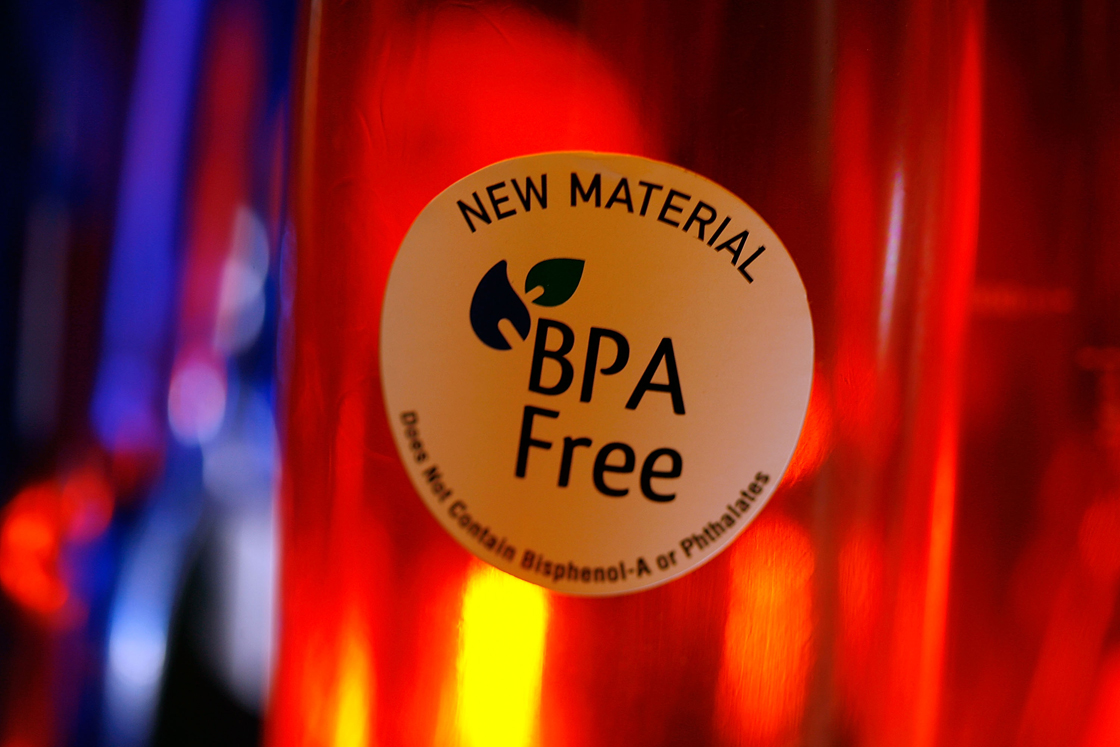TORONTO – You may be drinking from a BPA-free water bottle, but are you coming in contact with the chemical when you grab your receipt while grocery shopping?

A new study is warning that handling receipts printed on thermal paper might increase your body’s level of bisphenol A – or BPA – an industrial chemical used to make certain plastics.
BPA is often found in containers that store food and beverages, like canned goods, water bottles or other consumer products. Now, Ohio researchers say that it’s also on receipts.
“It’s not the main source of exposure, but it’s an additional source that wasn’t previously recognized,” Dr. Shelley Ehrlich of the Cincinnati Children’s Hospital Medical Center told Reuters.
READ MORE: Chemical in Subway bread also in Canada, but will be removed says company
The study looked at 24 volunteers who provided urine samples before and after handling receipts – with or without gloves – for about two hours. BPA was detected in 83 per cent of the study’s participants at the start of the study but it was in all 100 samples by the end of the two hours.
There was especially a spike in BPA levels in people who didn’t use gloves.
READ MORE: Coke changes recipe; Pepsi still contains cancer-causing chemical, U.S. watchdog says
What does this mean for cashiers who handle receipts on a full-time basis? The study’s authors say that a larger study is needed to confirm their findings and the implications.
“Handle receipts with care. They are a source of exposure to BPA and if people are handling them a lot on a daily basis…they should perhaps consider using gloves for now,” Ehrlich warned.
READ MORE: Canadians join crusade to remove orange dyes from Kraft Dinner
So far, BPA has been banned in the production of baby bottles. Exposure to the chemical is a concern because of the possible health effects on the brain, behaviour and prostate glands of fetuses, infants and kids, the Mayo Clinic says.
How to limit your exposure to BPA
- Seek out BPA-free products. More and more BPA-free products have come to market. Look for products labeled as BPA-free. If a product isn’t labeled, keep in mind that some, but not all, plastics marked with recycle codes 3 or 7 may be made with BPA.
- Cut back on cans. Reduce your use of canned foods since most cans are lined with BPA-containing resin.
- Avoid heat. The National Institutes of Health advises against microwaving polycarbonate plastics or putting them in the dishwasher, because the plastic may break down over time and allow BPA to leach into foods.
- Use alternatives. Use glass, porcelain or stainless steel containers for hot foods and liquids instead of plastic containers.
carmen.chai@globalnews.ca
Follow @Carmen_Chai
- Canadian man dies during Texas Ironman event. His widow wants answers as to why
- Several baby products have been recalled by Health Canada. Here’s the list
- ‘Sciatica was gone’: hospital performs robot-assisted spinal surgery in Canadian first
- Dating apps ‘worse than ever’ for your privacy, report warns




Comments